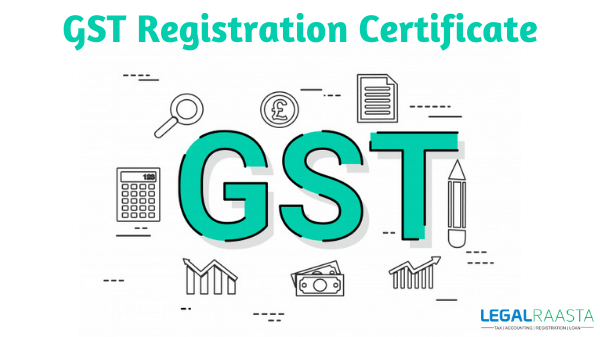Step-by-Step Refine for Singapore GST Registration Explained
Step-by-Step Refine for Singapore GST Registration Explained
Blog Article
The Ultimate Guide to Simplifying the GST Enrollment Refine and Requirements for Small Business Owners

Understanding GST Essentials
To grasp the basics of the Product and Provider Tax Obligation (GST) system, small organization proprietors should initially understand its underlying concepts and effects. GST is a value-added tax obligation imposed on the majority of goods and services for residential usage. It intends to improve the tax process by changing multiple indirect taxes enforced by the state and main governments. Under the GST regime, businesses are called for to register and collect tax on behalf of the federal government, making certain openness and conformity.
One of the key concepts of GST is input tax credit history, which allows organizations to declare credit rating for tax obligations paid on their purchases. This system protects against the cascading result of tax obligations and promotes performance in the tax obligation system. Additionally, GST is a destination-based tax, implying that the tax is levied at the point of usage instead than the factor of origin. This ensures fair distribution of tax obligation income among states based upon where the goods or solutions are consumed. Understanding these standard principles is vital for local business proprietors to navigate the complexities of the GST system and ensure compliance with the law.
Eligibility Criteria for Enrollment
Having established a fundamental understanding of GST principles, small company proprietors need to now meet certain eligibility standards to wage the registration process. In India, entities participated in the supply of products or services with a yearly accumulation turn over going beyond Rs. 40 lakhs (Rs. 10 lakhs for special category states) are required to sign up for GST. In addition, specific organizations such as those included in inter-state supply of products, laid-back taxable persons, and those needed to pay tax visit this page under the reverse fee system must register for GST irrespective of their turn over. Furthermore, organizations that were signed up under the previous tax routine (BARREL, solution tax obligation, etc) are additionally mandated to sign up under GST. Agricultural companies that only supply generate out of key manufacturing are exempt from GST registration. It is vital for entrepreneur to carefully examine their qualification based upon these standards to make certain conformity with the regulation and avoid any type of charges for non-compliance.
Papers Required for GST Enrollment

Simplified Registration Process Actions
Adhering to the collection and confirmation of the requisite documents, the registration process for GST can be browsed with a series of streamlined steps designed to promote reliable compliance for small business proprietors. Upon effective verification, an Application Reference Number (ARN) is released, suggesting the completion of the GST registration procedure. By following these streamlined actions, little business owners can efficiently sign up for GST and ensure conformity with tax obligation policies.
Tips for Ensuring Conformity
To keep governing adherence and operational honesty, thorough oversight and proactive procedures are essential in ensuring conformity with GST needs for tiny business proprietors. Little service proprietors should stay updated with GST laws, filing due dates, and any modifications in tax prices to stay clear of fines and keep an excellent standing with tax authorities. Participating in GST recognition workshops or training programs can improve understanding and compliance with GST policies, ultimately benefiting the company in the lengthy run.
Final Thought
To conclude, small company owners should understand the fundamentals of GST, satisfy the qualification criteria, collect necessary papers, and follow the streamlined enrollment process steps to make certain conformity. By simplifying the GST registration procedure and requirements, small company owners can avoid penalties and run their organizations smoothly within the lawful framework - Singapore GST Registration. It is vital for small business owners to stay certified and enlightened find out this here with GST navigate to these guys laws to keep a successful company operation
Small organization owners looking for GST registration should ensure they collect and send the necessary records to finish the enrollment process successfully. The documents needed for GST registration generally consist of evidence of organization registration or consolidation, FRYING PAN (Irreversible Account Number) card of the service entity, address and identification proof of the promoters/partners/directors, pictures, address evidence of the location of organization, financial institution account statements or terminated cheques, and authorization types. Going to GST recognition workshops or training programs can improve understanding and compliance with GST guidelines, eventually benefiting the service in the long run.
By simplifying the GST enrollment procedure and demands, little service proprietors can avoid fines and run their businesses efficiently within the lawful framework. It is critical for tiny organization proprietors to remain enlightened and certified with GST policies to maintain an effective service procedure.
Report this page